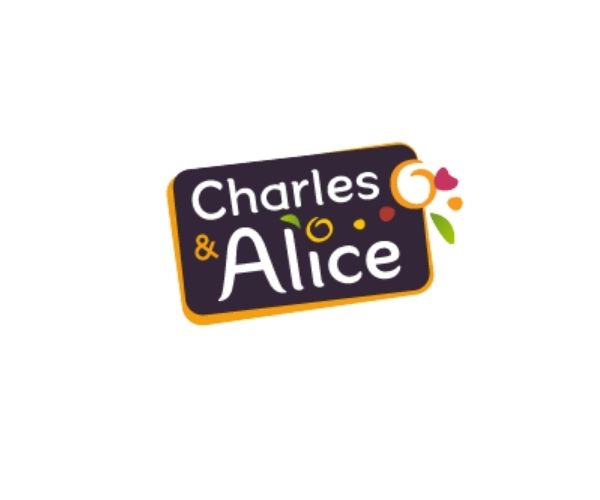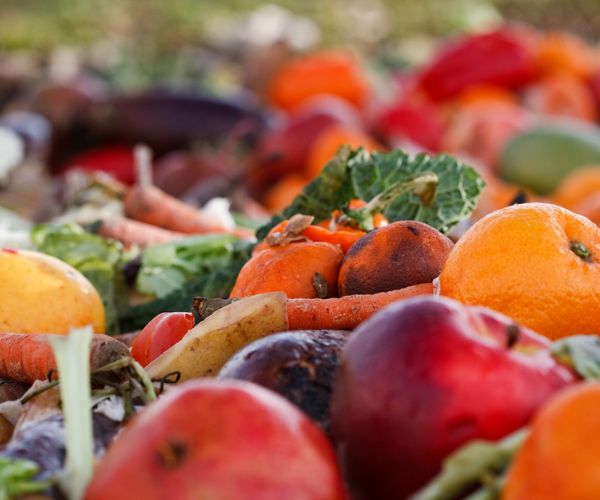Customer testimonials
Packaging life cycle analysis to reduce its environmental impact: Charles & Alice testifies
01
Feb

Published on : 01/02/2022
Charles & Alice, a key player in the fruit dessert industry, is committed to reducing the environmental impact of its packaging. The company has chosen the CTCPA to carry out the life cycle analysis of its plastic pots and water bottles. Maxime QUEYSSAC, packaging buyer and packaging development engineer, tells us about this project.
"CTCPA has both the technical vision on material selection and the ability to provide environmental assessment of the alternatives being studied."
CHARLES & ALICE: carefully selected fruit desserts
Charles & Alice has been making fruit and vegetable desserts since 1976. The products are more and more diversified: no added sugar, organic farming, vegetable recipes... Charles & Alice is the leader in "no added sugar" in the fresh section of large and medium-sized supermarkets and in the catering industry.
The company is located in the heart of the orchards in the South East of France (Drôme and Vaucluse). It has approximately 450 employees. The annual turnover amounts to 161 million euros (2020).
Sincerity, respect for man and nature, and living well together are the values that guide Charles & Alice on a daily basis.
Focus: Charles and Alice's environmental approach
- Charles & Alice has been working to reduce its energy and water consumption since 2008.
- Since 2016, both Charles & Alice sites have been ISO 50001 certified.
- In 2021, the Charles & Alice brand is taking a new step forward with a single-material recyclable plastic, the result of three years of research and development.
- 95% of their waste is recovered.
Read more: Our commitments - Charles & Alice Restauration (charlesetalice-restauration.fr)
In what context did you call upon the CTCPA? What was your need( s)?
At Charles & Alice, we have always been concerned about our environmental impact. This includes the impact of our packaging. We have been working for some time on alternative solutions to make our primary packaging recyclable. We wanted to have factual elements that would allow us to quantitatively evaluate the environmental performance of our reference packaging currently used for the packaging of our products. The objective was to position them in relation to other alternative packaging that met the technical criteria we were looking for. For this, we needed an external technical partner to help us make the right strategic choice.
Our medium-term goal is to move to 100% recyclable packaging.
Why did you choose the CTCPA for the realization of a packaging life cycle analysis?
The CTCPA, industrial technical center (CTI), is recognized in the food industry. Charles & Alice and the CTCPA have worked together several times on process studies, so it is natural that we have renewed our confidence in the CTCPA. The CTCPA has both the technical vision on the choice of materials and the capacity to ensure the environmental assessment of the alternatives studied.
How did the support go? What is your assessment of it?
Prior to the study, we had pre-targeted potential environmentally friendly alternatives that we felt were relevant for the life cycle analysis.
A multi-criteria approach was implemented, using a Life Cycle Assessment (LCA) to quantify the potential environmental impact of the current reference packaging and the selected packaging alternatives. The scoping phase of the project was the most time-consuming as a lot of data had to be collected. This data is absolutely essential for the proper development of the project. We timed everything with internal meetings and with the CTCPA to refine the framework of the analysis.
The packaging life cycle analysis confirmed our choices. In all, the project lasted eight months. We are currently adapting our production lines.
Internally, as part of our CSR approach, the results of the study have enabled us to raise awareness among the various Charles & Alice employees about the environmental impact of our packaging.
Contact CHARLES & ALICE :
Maxime QUEYSSAC - maxime.queyssac@charlesetalice.fr - +33 6 19 81 35 13
Consumer website: Charles & Alice - Fruit Desserts (charlesetalice.fr)
Professional website : Charles & Alice Restoration (charlesetalice-restauration.fr)
Linkedin: Charles & Alice
Facebook: Charles & Alice
Instagram: Charles & Alice
Contact CTCPA:
Laura FARRANT - Environmental project manager - lfarrant@ctcpa.org
Pauline AUDOYE - Environmental project manager - paudoye@ctcpa.org
CTCPA Auch - auch@ctcpa.org - 05 62 60 63 63
-
The CTCPA environment team is an expert in theLife Cycle Analysis. It allows to quantify the environmental impacts of a product, a packaging, a process or a service, taking into account the incoming and outgoing flows on the whole life cycle. It relies on the technical skills of the CTCPA's packaging department, made up of experts capable of providing concrete information and solutions (characterization of functionalities, choice of packaging alternatives, etc.)
Over the past 10 years, we have developed targeted skills and methodologies, in particular through our participation in research programs and the support of numerous companies in their environmental assessment processes. LCA is a standardized method that follows the ISO 14 040 to ISO 14 044 standards. The CTCPA is a licensee of the LCA software Simapro and MEANS In-Out






